Surrogacy Laws & Process in Kansas

Understanding the Surrogacy Process in Kansas
Surrogacy in Kansas is legal, and the process involves several important steps to protect both the intended parents and the surrogate.
This framework helps ensure a smooth journey for all parties involved, with a focus on legal clarity and medical care. Because surrogacy laws can differ across states, understanding the specific rules in Kansas is crucial to making informed decisions.
Kansas does not have specific statutes that prohibit surrogacy. Courts in Kansas generally uphold surrogacy agreements as long as they align with state laws.
Intended parents and surrogates can navigate this journey confidently when they are well-informed about Kansas’ legal landscape and guidelines, which offer clarity and security throughout the process.
Pre-Birth Parentage Orders in Kansas: Legal Recognition Before Birth
Kansas grants pre-birth parentage orders, which allow intended parents to be legally recognized as the child’s parents before birth. This legal recognition is essential for securing the parental rights and responsibilities associated with the child. The types of families eligible for pre-birth parentage orders in Kansas are as follows:
Married Same-Sex Couples
Both parents can be declared the legal parents if at least one parent is genetically related to the child. This makes sure that both partners have equal parental rights, and the legal relationship with the child is established pre-birth.
Unmarried Same-Sex Couples
The biological parent can be legally recognized through the pre-birth order. However, the non-biological parent must go through adoption after the child’s birth to establish legal parentage.
Unmarried Heterosexual Couples
Similar to unmarried same-sex couples, the biological parent is legally recognized before birth. The non-biological parent must complete an adoption process to establish their parental rights post-birth.
Single Parents
A single parent can seek legal recognition of parentage before birth. However, a legal action must be taken after the birth to remove the surrogate’s name from the birth certificate.
Married Heterosexual Couples
One parent can be legally recognized before birth if they are genetically related to the child, allowing them to establish legal parentage prior to the child's arrival. This recognition grants them all the legal rights and responsibilities associated with parenthood.
Donor Gametes Families
Intended parents who use donor gametes can receive pre-birth parentage orders, with legal recognition for both parents if at least one is genetically related.
Legal Procedures and Timeframes
Kansas typically processes pre-birth parentage orders through a legal hearing. However, the intended parents do not always need to attend the hearing, though their legal representation must be present. Pre-birth orders are possible even if neither the intended parents nor the surrogate resides in Kansas, as long as there is a significant connection to the state.
The state’s vital records department will honor a pre-birth order from another state, but the order must be registered as a foreign judgment. This allows Kansas to issue the birth certificate accordingly.
The typical time frame to obtain a birth certificate after delivery is around 2-3 weeks, though expedited processing is sometimes available to shorten this to 7-10 business days.
Explore the Carrying Dreams Surrogacy Heatmap
Our surrogacy heatmap gives a clear insight into surrogacy laws across the U.S., helping you understand the legal landscape in each state. Explore and find the information you need as you browse through our pages.
If you have any inquiries about the surrogacy laws & process in Kansas, feel free to contact us today.

